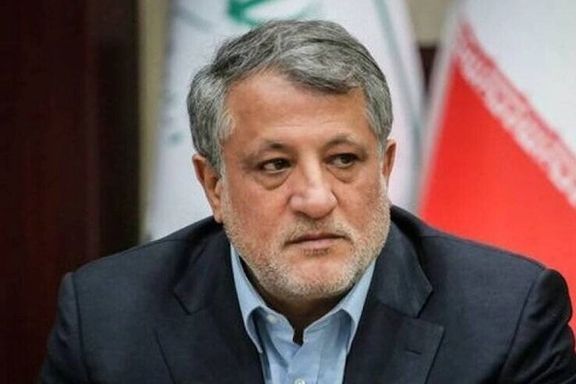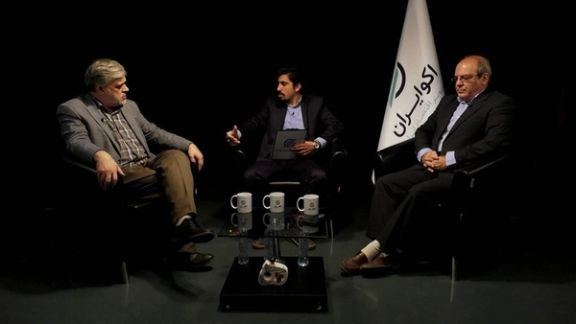Pundits Say Loss Of Hope In Future Drove Iran Protests

Many Iran watchers believe that one of the main reasons for the nationwide protests was that people have lost their hope and confidence in the future of their country.

Many Iran watchers believe that one of the main reasons for the nationwide protests was that people have lost their hope and confidence in the future of their country.
The former head of the Tehran City Council Mohsen Hashemi has said this week that lack of hope and trust in the future was a factor in the ferocity of the protests.
Prominent sociologist Mohammad Fazeli has also said that hope in the future of Iran has weakened among the public and this casts a shadow of doubt on any solution that the government might offer for long-standing problems.

Pundits from the two extremes in the Iranian political landscape, reformist commentator Abbas Abdi and conservative pundit Mohammad Mohajeri spoke to Tejarat Farda magazine’s issue published in late March about the outlook of Iran's political landscape as the new Iranian year began. The magazine's editor Sadaf Samimi concluded that their views about the future of Iran and what happened last year are strikingly similar.
Abdi opined that the Islamic Republic was under pressure from the protests and the foreign-based opposition.
"I believe the next two years will definitely bring about major changes in Iran." He did not expand on the nature of those changes but said, "Iran has many potentials for improvement, but this does not mean that today's official policies can continue."
Mohajeri said that last year's protests created a very good opportunity for the Iranian regime. Although the protests were threatening the regime, they also signalled dangers that alerted the regime. Mohajeri added that Iranian officials attributed the protests to the intervention of foreign countries, but they realized that the protests have their roots inside the country.
He observed that previous protests in Iran were motivated by economic problems, but this time there was no talk of the economic grievances among the protesters.
"Although everyone knew that there were problems relating to the people's livelihood, and nearly all of those arrested during the protests were coming from the lower strata…the main problems the protesters were concerned about were political and cultural issues.”

The two pundits however agreed that the receding of street protests did not mean that the movement is over. Anything can re-ignite the protests, they said.
Abdi said it is essential that major changes take place in Iran during the next two years, but the Iranian government seems incapable of problem solving. This is a government that does not accept even clear facts such as rising meat prices and in one instance banned a newspaper that published the news. The first thing that should be reformed in Iran is the media, he said that even do not cover recent gas attacks on girls' schools.
On the other hand, the government is not aware of the impact of international reporting, such as CNN's report on torture in Iranian prisons, Abdi said. More competitive election and equality before the law are essential to restore a semblance of normality.
Mohajeri said the people have lost their trust in the government so that even if it disseminated factual news, still people would not believe the government. This trust has been lost over many years.
He said, When the officials promise that the rate of exchange and market prices will come down but the opposite happens, the people have every right not to believe them again. He added: Although I believe the officials have realized the truth following the protests, I still have not received a signal that would indicate the likelihood of an improvement in the next year.